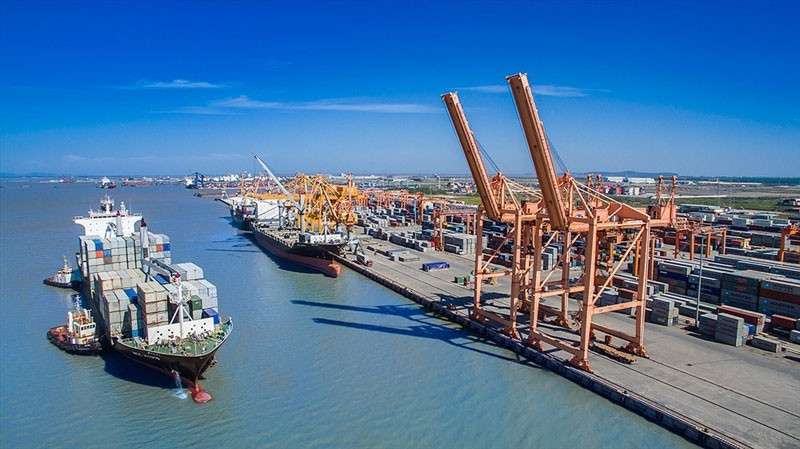
The survey had the participation of 3,048 enterprises that carry out production, business, import-export and logistics services; and 40 ministries and state agencies with connections to NSW that perform specialized management activities.
By October 17, NSW has provided 250 of 261 administrative procedures of 13 ministries and agencies connected with nearly 5 million dossiers of over 55,000 enterprises. The report focused on 12 administrative procedures of five ministries and agencies with the highest implementation frequencies.
Businesses said that it was more difficult to implement procedures at NSW in 2022 than in 2019, particularly the "licensing for imported medical equipment and granting of certificates for quality, technical safety and environmental protection to import vehicles".
Ten of 12 administrative procedures cost less time to follow with total reduced time of 5-25 hours. The sharpest time reduction was the "registering for examination of imported animal feed" procedure.
Two procedures cost more time, namely licensing to import medical equipment (+84 hours) and publicizing of imported cosmetic products (+25 hours).
Ten of 12 procedures cost less, between VND148,000 and VND3.845 million. Two procedures cost more, including the "granting of certificate on quality, technical safety and environmental protection for specialized motorbikes" (+VND408,000), and "registering for examination of the quality of imported animal feed" (+VND93,000).
The percentage of businesses giving positive remarks about changes through NSW and traditional ways decreased compared to 2019.
The positive remarks about transparency in watching implementation saw the sharpest reduction, 14 percent (from 82 percent in 2019 to 68 percent in 2022), followed by remarks about declaration forms (-12 percent), queries cleared up (-8 percent) and the amount of papers enterprises had to submit (-8 percent).
Convenience in specialized inspection in goods quality management was assessed at an average level, with enterprises facing problems complying with procedures remaining the most common.
Some 58.9 percent of enterprises said they face at least one difficulty during procedure compliance. Overlapping inspection is the most common difficulty, chosen by 39 percent of enterprises. 5.1 percent of enterprises admitted they paid under-the-table fees.
Tran Thuy